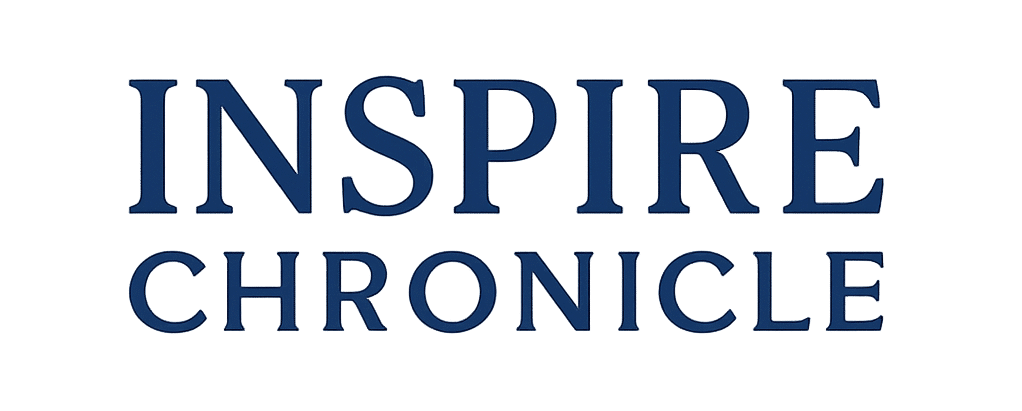Early Menopause Indicators You Should Not Ignore ❗
Menopause is a natural phase in every woman’s life, but experiencing it early—before the age of 45—can come with unique challenges and risks that often go unnoticed. Understanding the early signs is essential to protect your health, manage symptoms, and maintain your quality of life.
If you’re in your 30s or early 40s and notice unusual changes in your body or mood, these early menopause indicators might be trying to tell you something important. Don’t brush them aside. Listen closely—your body is signaling you for help.
1. Irregular or Missed Periods
Skipping cycles or having irregular periods for several months can be a major sign of early menopause. Pay attention if your periods become unpredictable, shorter, or much lighter.
2. Hot Flashes and Night Sweats
Sudden waves of intense heat—often accompanied by sweating and flushing—can start years before your periods stop. Night sweats can disrupt your sleep and leave you feeling exhausted.
3. Mood Swings and Anxiety
Feeling unusually irritable, anxious, or depressed? Hormonal changes linked to early menopause can heavily impact your mental health. Don’t ignore persistent mood changes.
4. Vaginal Dryness or Discomfort
A decrease in estrogen levels often leads to vaginal dryness, itching, or discomfort during intimacy. Early recognition can help you seek relief and protect your reproductive health.
5. Decreased Libido
A sudden loss of interest in sex can be a subtle but important sign of hormonal imbalance.
6. Difficulty Sleeping
Struggling to fall asleep or stay asleep? Night sweats and hormonal shifts may be disrupting your rest, affecting your energy and mood during the day.
7. Changes in Hair and Skin
You might notice thinning hair, dry skin, or increased wrinkles—signs your body isn’t producing as much estrogen as before.
Why Early Detection Matters
Early menopause increases the risk of osteoporosis, heart disease, and other health issues because of prolonged low estrogen levels. Getting a proper diagnosis allows you to take preventative measures like hormone replacement therapy (HRT), lifestyle changes, and regular health screenings.
What To Do Next
If you recognize these signs, don’t hesitate to consult a healthcare professional. Blood tests and a detailed health history can help confirm if you’re entering menopause early. Early intervention means better symptom management and a healthier future.
Your health is your greatest asset. Recognize the signals. Act early. Empower yourself.
For a deeper dive into symptoms, treatment options, and expert advice, check out our full guide on Early Menopause: What Every Woman Should Know.

